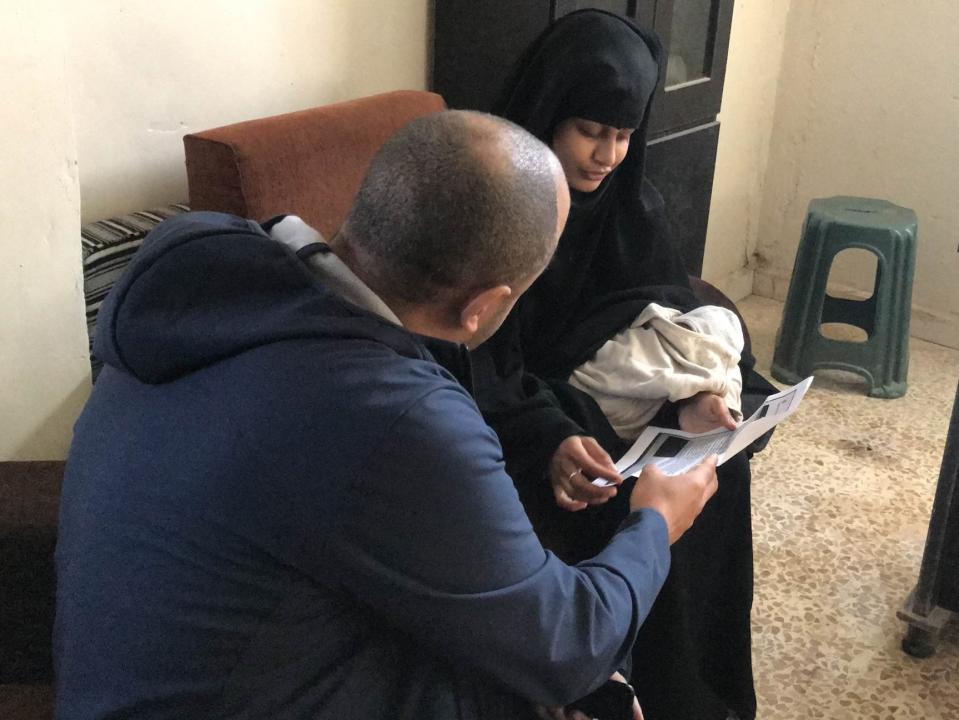Listen to Muslim women about Shamima Begum – they’re who Sajid Javid’s decision will hurt the most
While the conversation around Shamima Begum – the British Muslim schoolgirl who fled to Syria to join Isis at the age of 15, and now, four years later, wants to return to the UK – has been all over the news this week, the debate has largely been spearheaded and dominated by the voices of white people.
Earlier this week, for instance, both Richard Madeley and Danny Dyer clashed when discussing what the government should do about Begum live on Good Morning Britain. There have also been countless rushed think-pieces written from white points of view arguing for and against Begum’s return.
But at no point have the voices of actual British Muslims, especially British Muslim women, been considered or even listened to in all this. It’s as if the voices of white people are the only ones that carry any authority in the public sphere, despite the fact that this issue is far more complex than these exclusionary discussions allow for.
Because when it’s all said and done, it won’t be white people who will have to contest with having abuse hurled at them on the street or threats of their hijab being pulled up because some bigot believes the actions of Begum speak for every other Muslim in the UK.
The lack of Muslim voices included in this debate also implies that British Muslims are silently in support of Begum and have no real ill feelings about the whole situation. But you only have to go as far as social media to see countless Muslims publicly denouncing Begum and vehemently supporting the government’s decision to refuse her entry back into the UK.
Or, on the other side, Muslims who seek more of a considered response to a case that could set a harsher precedent for the way communities of colour are treated by the Home Office, or indeed Muslims who have expressed justified fears about the vitriol that has accompanied this increasingly polarising issue. Muslim women, for example, have already begun reporting that they’ve received islamophobic abuse in public following Begum’s plea to return.
The point is, we all have different views. And in the eyes of a number of Muslims, Begum’s actions don’t represent anything remotely close to what Islam advocates.
Whenever Islam takes centre stage in national conversations, it’s always the views and opinions of Muslim people – women in particular – who are considered last or not even entertained at all.
The ongoing debate around the hijab and niqab (both of which are entirely different things, but are constantly challenged together because the people speaking the loudest are never Muslim women) is one such example.
As of Tuesday evening, the home secretary Sajid Javid revoked Begum’s British citizenship which has already sparked an even greater debate around whether it’s even legal to leave the teenager stateless, and raised questions as to whether it applies to her newborn baby – who is an innocent victim in all this. It’s a sticky situation that’s only going to get stickier.
This is such a frustratingly complex and nuanced story and it requires greater care if it’s to be reported properly – and that begins with including the voices of everyday British Muslim people into the conversation.

 Yahoo News
Yahoo News 

